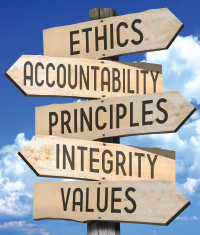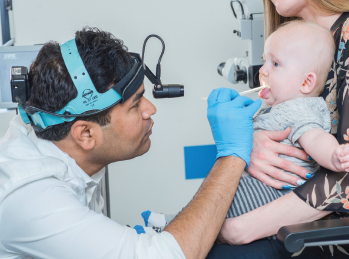Otolaryngologists are among the healthcare providers most available to provide medical and surgical services for transgender patients interested in making their bodies more closely match their internal sense of gender identity.


Otolaryngologists are among the healthcare providers most available to provide medical and surgical services for transgender patients interested in making their bodies more closely match their internal sense of gender identity.

The results of this study suggest that endoscopic revision stapes surgery is feasible and may provide a platform for a larger study to validate the efficacy of this approach with long-term outcomes.

A look at principles, integrity, and professionalism in the 2020-2021 otolaryngology match.

The training pathway for pediatric otolaryngologists will require completion of an ACGME-accredited fellowship and satisfaction of the eligibility criteria.

Medical journals around the world are opening access to COVID-19-related research for public viewing to ensure timely access to information and to share research that may slow the pandemic.

Here are key practices providers should focus on to create a safer, more stable environment for patients while remaining vigilant for a COVID-19 resurgence.

Hemendra Bhatnagar, MD, applies the exceptional fine motor skills he once used in surgeries to paint landscapes and create woodwork.

The foundation for ethical care in Western medicine is the development of a patient-physician relationship that’s built on honesty and meaningful communication, leading to the capacity for shared decision-making.

The need for social distancing triggered by coronavirus requires a change in physician-to-physician interactions from in-person meetings to virtual.

Common challenges when treating physician-patients include maintaining boundaries and avoiding assumptions about patient knowledge and behaviors.